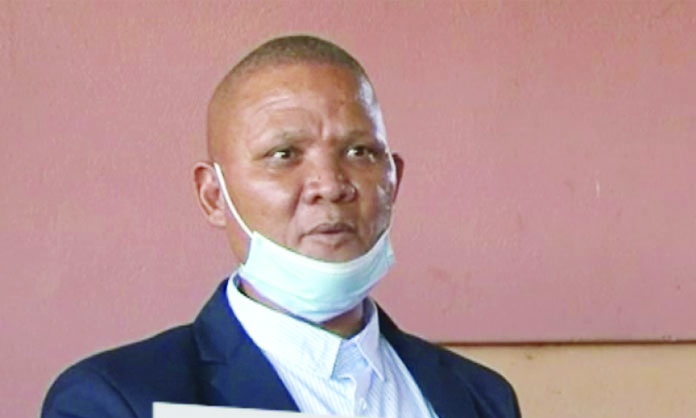//Kharas Regional Council chairperson Joseph Isaack says the revised criteria for the National Resettlement Policy should ensure that previously disadvantaged people benefit from the resettlement programme.
Isaack says the revised National Resettlement Policy aims to ensure equity in the redistribution of land to alleviate poverty, but those who need land the most are discriminated against by the criteria set for qualifying to benefit from the programme.
He made these remarks at a stakeholder consultative workshop by the Ministry of Agriculture, Water and Land Reform to review the criteria, held at Keetmanshoop on Monday.
“I urge you people giving input into this review document, to think of those who are poverty stricken, those who fall outside the bracket right now and give your input in such a way that the bracket will include them also.
“Namibia has good programmes to alleviate poverty and redress unequalities. But our programmes, just like when you apply for a loan at the bank, the qualifying criteria starts very high, while the level of our people is down below. Meaning most of our people fall below the catchment area and are disqualified even before the process has started,” said Isaack.
Cabinet approved the Revised National Resettlement Policy in May this year that will run from 2023 to 2033, replacing the 1991 to 2001 National Resettlement Policy. The revision was required to include resolutions taken during the second land conference held in 2018 that placed emphasis on landlessness through dispossession and the inability to maintain resettlement farms due to a lack of resources after acquisition.
The director of land reform in the Ministry of Agriculture, Water and Land Reform, Petrus Nangolo, said on the resettlement programme, the conference resolved to review all policies related to this programme, and also to develop pre-and post-resettlement support programmes for farmers.
He said the conference reiterated the needs of the dispossessed and landless Namibians and resolved that the allocation of land should be on a 70:30 basis in favour of dispossessed communities.
“That document is a draft and we need to interrogate it, read it, understand it, and I hope it was shared with you on time so that we can ask the constituencies you are representing today if they are going to be successful in their quest for resettlement through those criteria.”
The needs and prioritisation of designated groups was also resolved to be taken into account in the resettlement programmes and land reform, and this includes the youth, women, marginalised communities, persons with disabilities and veterans of the liberation struggle.
The director of resettlement and regional programme implementations, Alfred Sikopo, said the revised national resettlement policy prioritises underprivileged communities, including generational farm workers.
“We normally have a lot of issues with regards to marginalised communities, generational farm workers, people who are found in corridors and other vulnerable people,” said Sikopo.
The new policy also makes provision for support packages for resettlement farmers, including training.
Stay informed with The Namibian – your source for credible journalism. Get in-depth reporting and opinions for
only N$85 a month. Invest in journalism, invest in democracy –
Subscribe Now!






